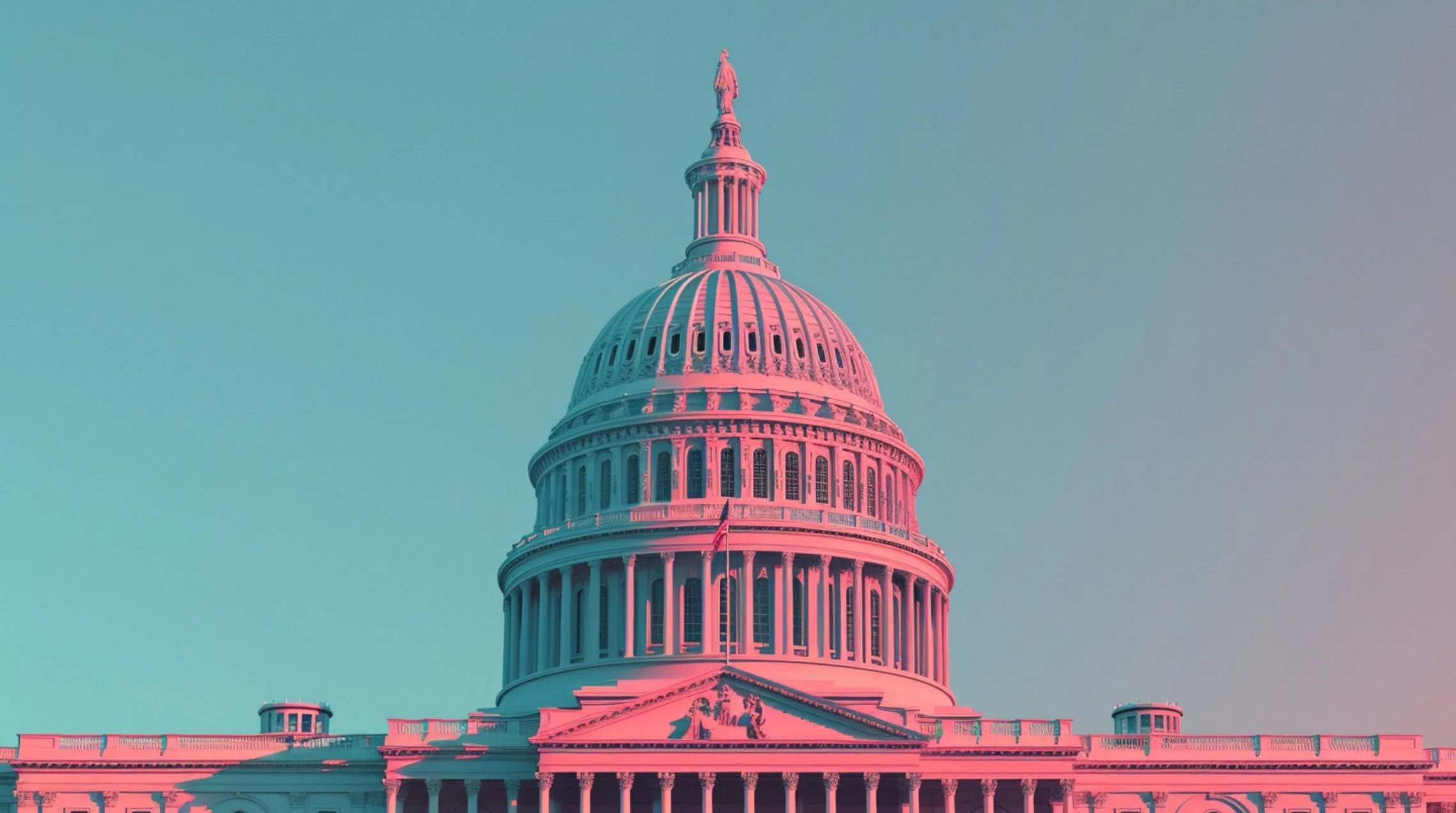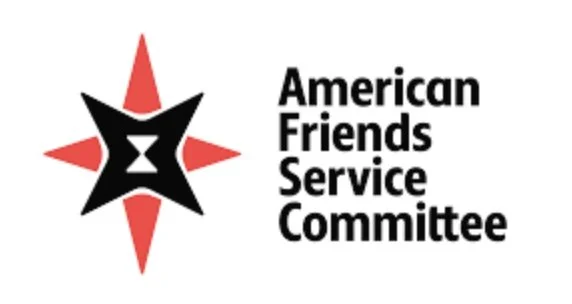Tier-Ranking Denominational Lobbying Teams
Written by Thomas Kelly
The IRS just said that the tax code shouldn’t be used to punish churches that endorse political candidates. But rather than arguing about whether the tax code should be used to discourage the political activity of churches, I’d rather talk about which denominations are good at politics.
Almost all major Christian denominations have lobbying teams that try to influence the federal government. But almost all of them seem like they’re very bad at their jobs.
What is a lobbyist?
A lobbyist is someone who advocates or “lobbies” the government to try to influence their government to pass or block a law, or change or preserve a regulation, or take some other action. Now and then a lobbyist will literally bribe a politician to do something - which can send them both to prison.
But much of the time lobbying is morally licit. The best model for what lobbyists do is that lobbyists are bonus staffers or policy experts for politicians who lack the information to achieve all their goals. Larry Legislator wants to save the alligators but doesn’t know how, so a helpful lobbyist who used to be a reptile biologist helps him write the Eternal Alligators Act. This explains why lobbyists spend almost all of their time talking to friendly politicians - they’re helping support their mutual goals, not trying to get them to switch sides.
Because of this it’s helpful to have genuine policy expertise. It’s also helpful to have political connections so that the legislator or appointee or at least their staffers will take the time to meet with you. A good lobbying team would have both political connections and policy expertise. You can read more on a career in policy and politics in our problem profile here.
A lobbying team can be internal where an organization hires people directly or external - a lobbying firm is hired- or both. Denominational lobbying is legally privileged as “tax-exempt religious orders, churches, and their integrated auxiliaries” are exempt from many lobbying disclosure rules.
Still, most denominations provide enough information publicly that you can judge their lobbying teams. If you’re an atheist this exemption might seem unfair, but you don’t need to worry, these lobbyists don’t accomplish anything- the most effective lobbying team associated with a Christian denomination isn’t even Christian anymore.
The Post-Christian All-Star
The American Friends Service Committee, a “Quaker-founded” group says that they “bring together people of all faiths and backgrounds to challenge injustice and build peace around the globe.”
In other words, they’re not strictly a Christian organisation. But I would bet that everyone who works there probably thinks all their political positions are in line with the Sermon on the Mount and what Jesus would have wanted (even if they don’t all believe in him).
I do think they’re somewhat influential. When I used to study criminal justice policy, lobbyists and activists would sometimes bring them up as an influential voice. You can also tell they’re relatively large and well-funded by looking at their regional and international offices.
But even here they’re not that good compared to secular groups. Their leadership is filled with people with impressive backgrounds in NGOs - but little Hill or admin experience and AFSC isn’t really known for intellectual impact either, even though they brought in almost $50m last year.
That’s a ton of money. EveryTown for Gun Safety gets $65m. The Guttmacher Institute, Planned Parenthood’s think tank, brings in about $30m per year. Gun Owners of America, the more hardcore version of the NRA, runs on $10m per year. When’s the last time you heard about AFSC in Politico versus the secular groups? And this post-Christian group is way more influential than the still Christian denominational lobbying bodies.
I’ve worked in different corners of the health policy world and in theory every mainline denomination loves improving public health, reducing disease burden and so on. But I’ve never heard anybody say “Thank God for the Methodists” or “Once the Lutherans get involved, then we’ll win.”
The Southern Baptists
Conservative evangelicals have a reputation for political engagement- although this isn’t quite true on the congregational level as progressive congregations are probably more likely to tie sermons to politics or engage in political activity. But in the aggregate, conservative Baptists and evangelicals are an important political block. Are there goals advanced by the denominational lobbying of the largest such group, the Southern Baptist Convention?
The Southern Baptists do have a lobbying and government affairs team, the Ethics and Religious Liberty Commission which encourages “serving your church in the public square.” It’s only modestly funded, given the size of the Convention, at a few million per year.
Their current head, Brent Leatherwood does have political connections (he used to run the Tennessee GOP, as does their policy director. But the Commission is controversial among Southern Baptists due an alleged liberal tilt, unreflective of the denomination and harmful to its influence on the current administration. The journalist, Megan Basham, is the main driver of this critique and has argued that the Commission has no political influence and prioritizes woke priorities over classic evangelical political priorities such as abortion and religious liberty. For instance, they have recently backed state-level gun control laws while opposing some anti-abortion laws.
The Episcopalians
The Episcopal Church spends a modest million dollars on their Office of Government Relations and in return expects them to fulfill an impossible task. While a week is a longtime in politics, the primary decision-making body of the Episcopal Church is its General Convention which meets every three years and releases an absurd amount of political resolutions. OGR claims its responsible for 650 public policy-focused resolutions from either the convention or the church’s general convention. Obviously that’s an absurd number so in practice OGR decides what it wants to spend its time on.
Have they won anything? In 2025, their associate director argued that they were capable of driving positive change. He says that since 2006 they have backed legislation that would create a commission and the commission would create a study and that study would be on the topic of reparations for slavery. 19 years later that bill still languishes in the House. If OGR has had actual successes, they’re quite shy about it.
The United Methodists
The main lobbying body of the largest mainline denomination, the United Methodists, is the General Board of Church & Society. Its financial reports show it received about $7m annually several years ago but future amounts will be much less due to membership declines and the recent UMC schism. The staff is composed of clergy and laity- and they don’t seem very politically connected nor expert in policy. Its website doesn’t list any policy victories whatsoever.
Like the Episcopal Church, the UMC lays out various policy positions and the moral and Biblical basis for the UMC position. Is this worth millions?
The Completely Subjective (But Completely True) Tier List
Denominations Should Quit Politics
Denominations should quit politics. If I thought denominations were good at politics (and pushing in the right direction) I wouldn’t say this. Some people dislike the contempt of church lobbyists in general but if I thought they were bringing about a more peaceful, loving, and just world, I would say good for them.
But they don't, so I think it’s time to give up. Major denominations have millions of numbers, legions of volunteers and money. Most PACs or political nonprofits would die for these resources but nevertheless manage to score bigger political wins than denominations do.
Compared to other things churches like to do - local charity, evangelism, international charity, worship - it’s hard to justify the existence of these agencies. One fun solution would be for one left-leaning denomination and one right-leaning denomination to jointly announce a retreat from denominational lobbying so it’s seen as a reorientation away from politics rather than a win for the right or the left - and the Southern Baptists and the Episcopalians have very similar budgets… That would let the Episcopalians buy hundreds of thousands of more bednets to prevent malaria or the Southern Baptist launch perhaps a dozen (or more) church plants per year.
I don’t think Christians as individuals are bad at politics and there are Christian-dominated NGOs that are successful at achieving political goals, including explicitly faith-based goals. On the individual level, getting involved in politics can be a good idea. But almost every denomination is just burning money by pretending to have a voice in Washington.
It’s reasonable, probably obligatory for Christians, church bodies, and bishops and ministers to provide moral leadership including on politics. But if denominations want to have a political witness or a public voice, there’s a cheaper alternative. Just get a Twitter account. (Bluesky if you’re Canadian.)
🏛️ Want expert Christian advice on politics and policy careers?
Read our Politics and Policy Problem Area Report to learn about why this may or may not be a good path for you.
🎯 Want 1-on-1 advice for your carer?
We offer free Christian career advising to help you explore high-impact roles that align with your faith and calling.







